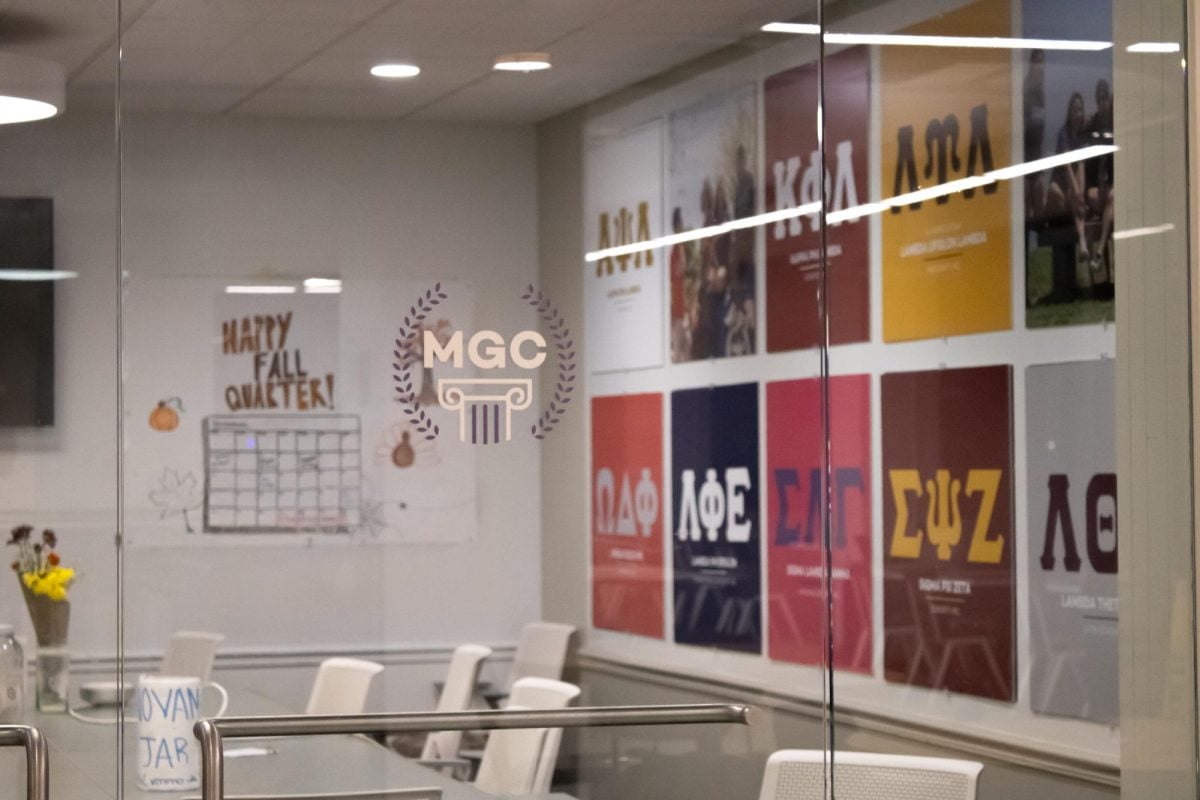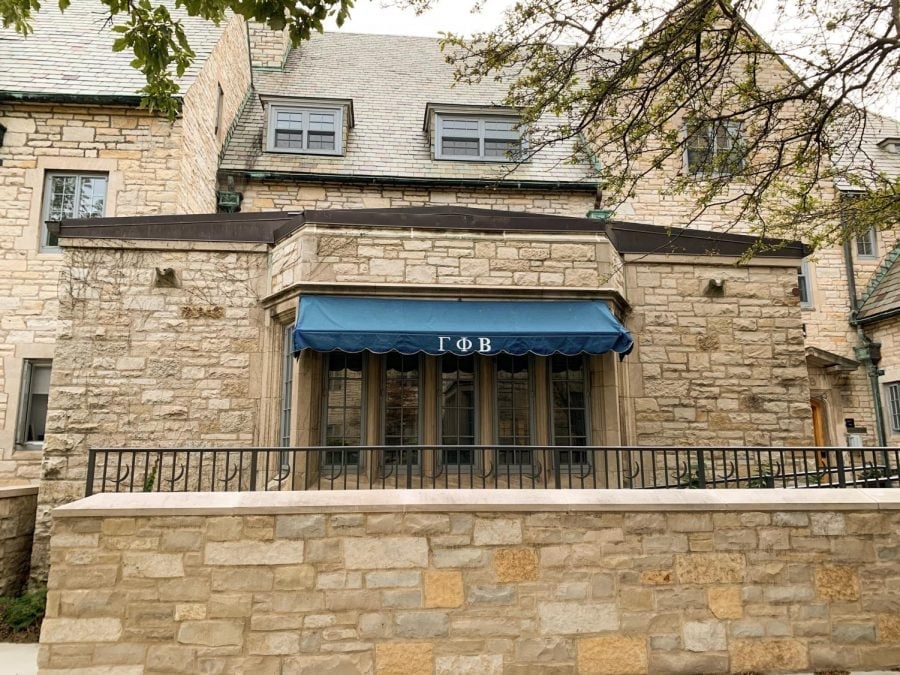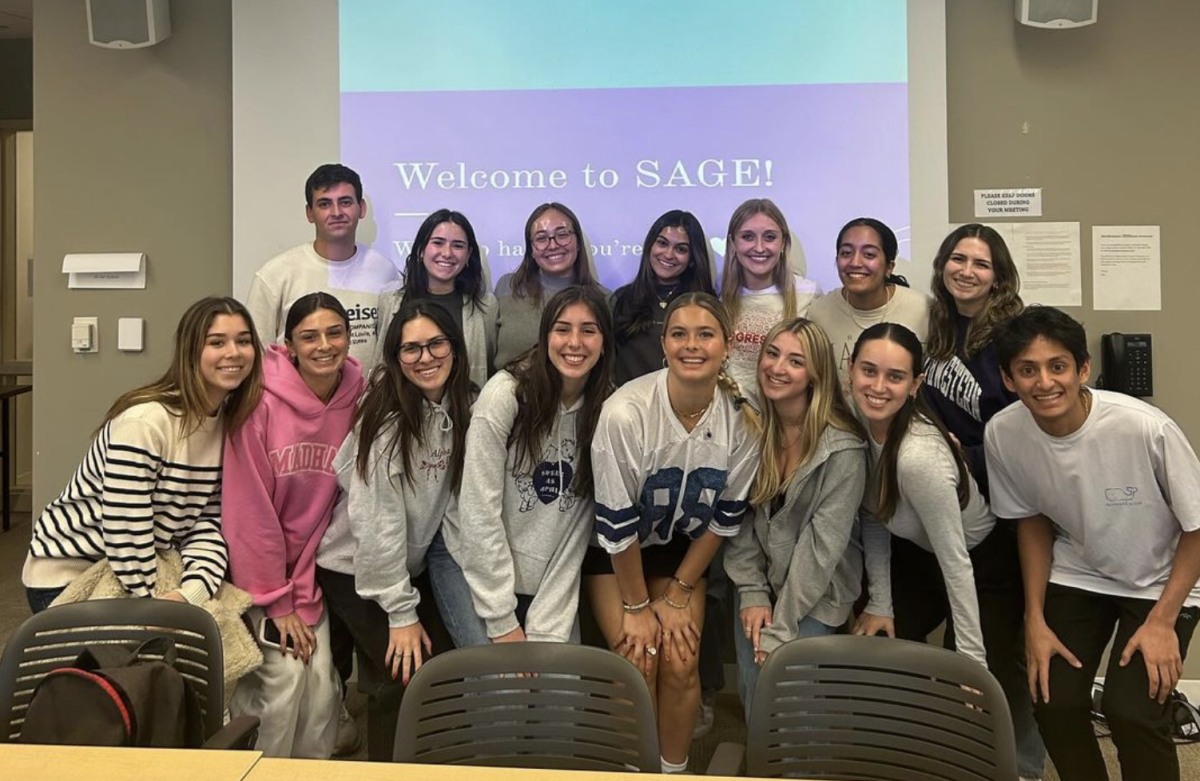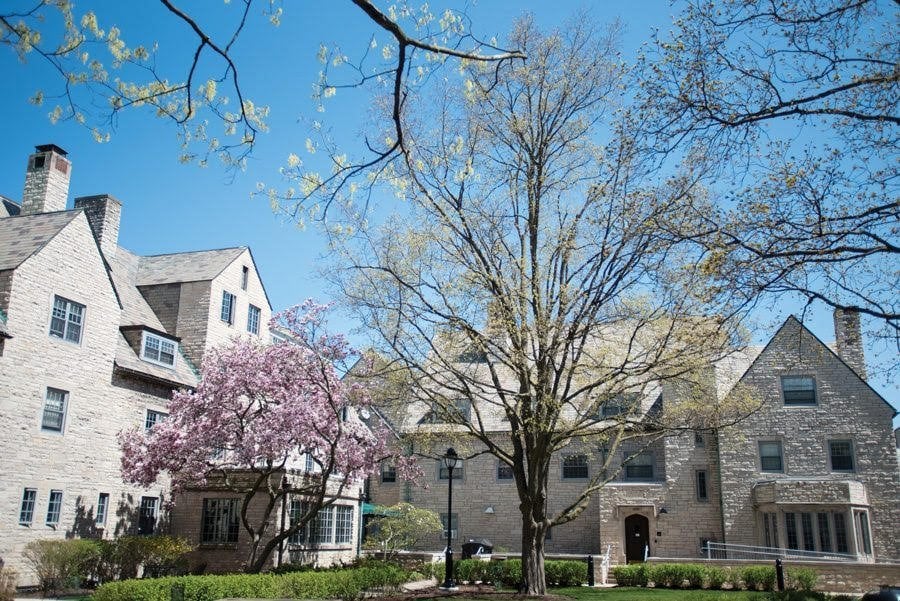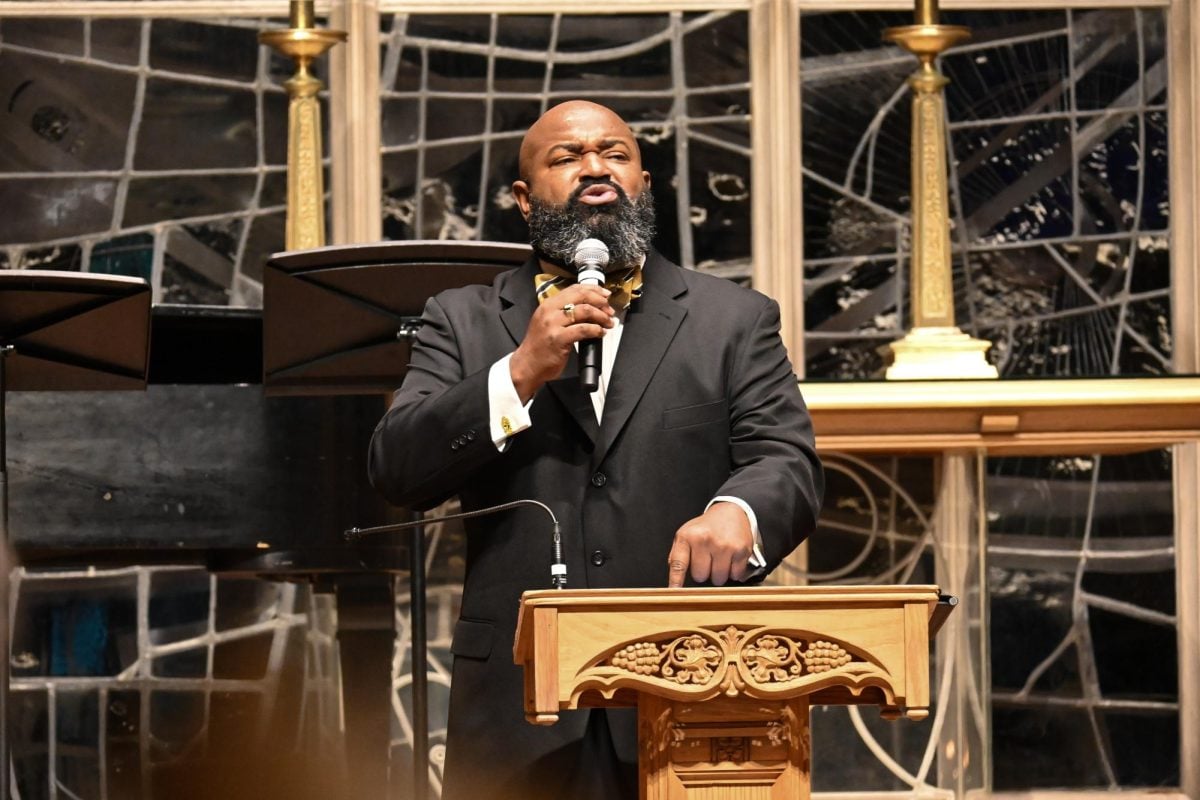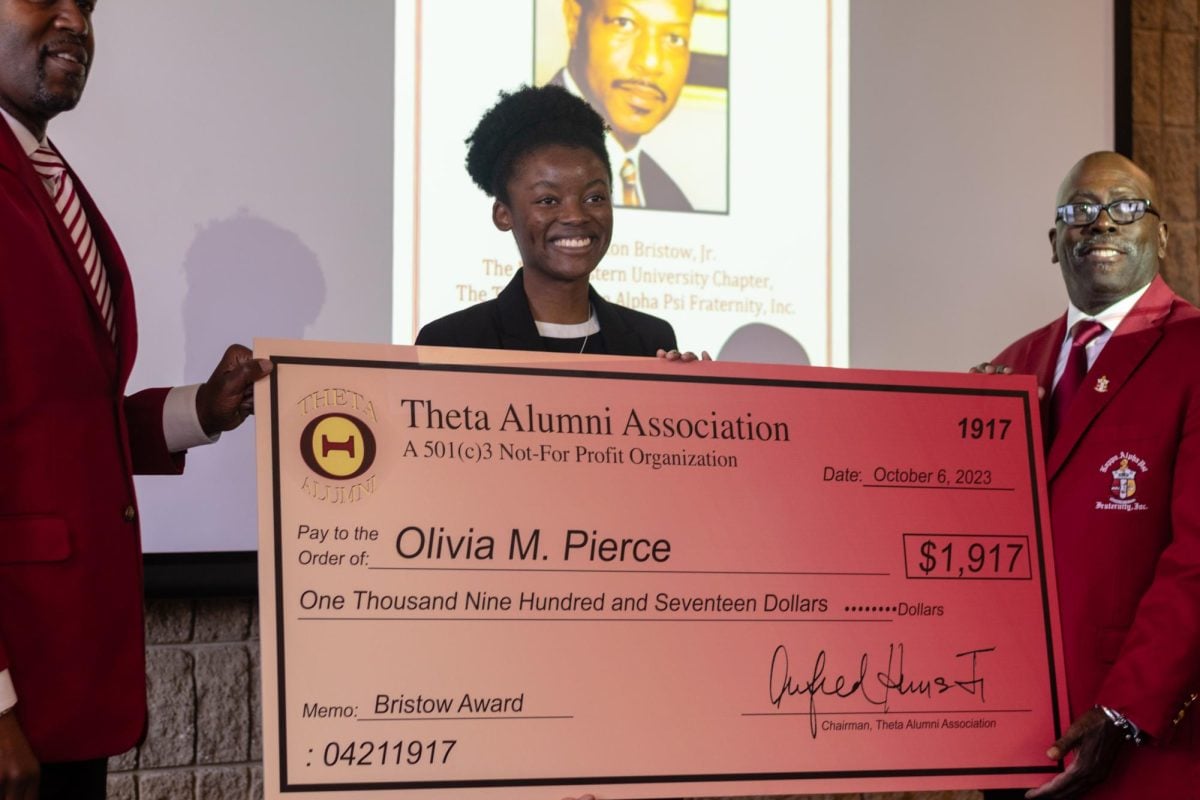Candidates for academic vice president of Northwestern’s Associated Student Government debated Friday whether their top priority is to build relationships with students or administrators in the penultimate debate of the campaign season.
Although participants touched on a variety of issues, including changes to the course management system Blackboard and the possible instatement of a diversity requirement in NU’s curriculum, the discussion largely focused on what each candidate saw as the fundamental role of the academic vice president.
The candidates for the position, Weinberg junior Ian Coley and McCormick sophomore Neil Mehta, clashed over how the academic vice president should serve the student body. Coley, the vice president of public relations for NU’s Residential College Board, said he would be most effective working directly with administrators.
“The most important quality of the academic vice president is being able to talk to the administration,” Coley said. “I have already earned the respect of many members of the academic administration, and when I need to reach out to them, they know me.”
This emphasis on a strong relationship with the administration was a large part of Coley’s arguments. He said administrators proposed some of the best ideas he has heard, and Coley also defined the academic vice president as “a conduit between students and the administration.”
However, Mehta said it would be his top priority to build better relationships with student leaders, who would have a clearer understanding of the issues that are important to NU students.
“It is certainly important to build those relationships (with administrators),” Mehta said. “But to actually work on projects that matter to students, we do need someone who can reach out to students and actually get their input.”
Mehta said he sees his platform as “shifting the committee back towards students” and later argued that under his leadership, the academic committee would be more open to student groups and student publications. A leader in Mayfest and Wildcat Welcome, Mehta said he is personable enough to accomplish this goal.
But in one of the debate’s few moments of tension, Coley argued that such a plan is outside the role of the academic vice president, which he said is limited to discussions with administrators.
“As for relating with the students, that’s not the job of the AVP either,” Coley said. “That’s the job of the president and vice president.”
Although a large part of the debate dealt with the broader issue of how the academic vice president should interact with the student body, the candidates also differed on more specific topics. During a discussion about CTECs, Coley raised the possibility of a penalty for professors who perform poorly on their evaluations, which he said would “increase the utility” of the system.
In his next statement, Mehta voiced his disapproval of the proposal, saying professors could see it as a threat from the academic committee, and that students may mark a professor down simply because the course was too difficult.
“It is important to respect professors,” Mehta said. “If we start imposing penalties on them because students don’t like the class, that could really alienate a lot of people.”
The candidates also managed to find common ground on a number of issues, including a proposal to add a diversity requirement to the curricula of all six undergraduate schools.
Coley said the proposal was a “number onepriority” for him and stressed the importance of greater student support for the initiative, which both candidates agreed would require a strong student support base before it could reach the administration.
“Our distribution requirements are antiquated, quite frankly,” Coley said. “This is something we talk about a lot on the academic committee. What is a liberal arts education, and how can we make NU students among the most globally engaged people in the world?”
Mehta agreed and used the opportunity to return to his general message of strong relationships with the student body. He argued that a more amiable academic vice president would be the most likely to garner necessary student support for the curriculum change.
The final debate of the campaign season will be held Monday at 7:30 p.m., when the presidential candidates will square off for the last time before Election Day.
